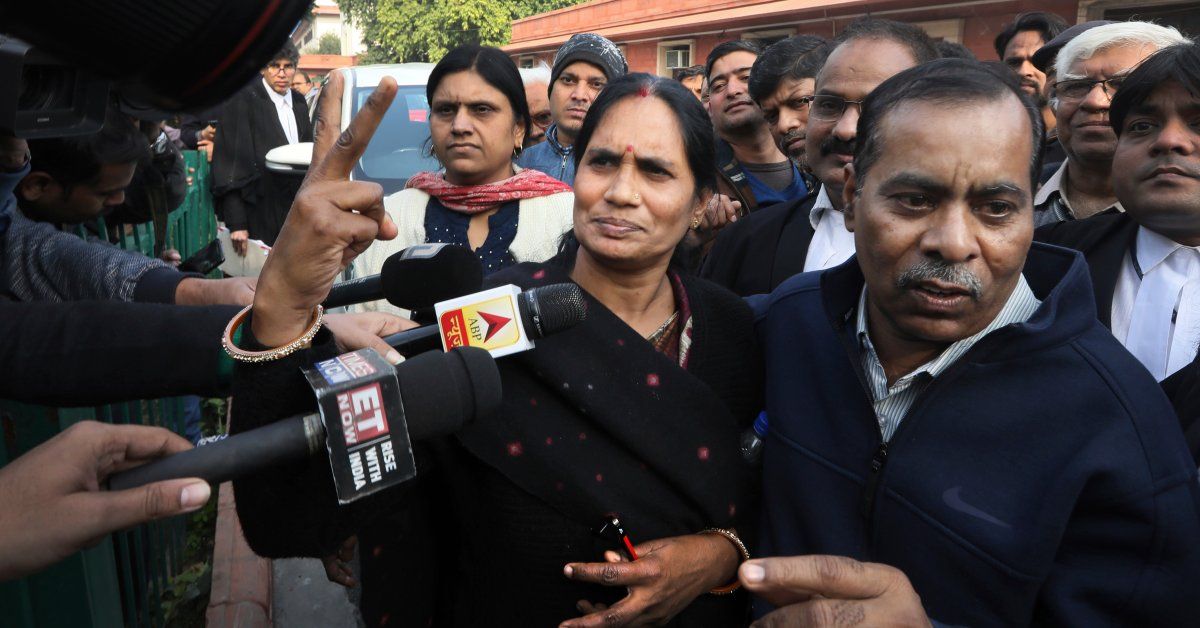Protest death toll in India rises

A few minutes every morning is all you need.
Stay up to date on the world's Headlines and Human Stories. It's fun, it's factual, it's fluff-free.
Clashes between police and demonstrators in India have left 14 dead. Six of them were killed in the northwestern state of Assam. The South Asian nation has been shaken by widespread protests over the Citizenship Amendment Act (CAA) which is also controversially known as the ‘anti-Muslim’ citizenship law.
Prime Minister Narendra Modi is standing firm on the implementation of the CAA, citing that the act will not affect any Indian of any religion and that the Congress should refrain from inciting chaos. “From Barhait in Jharkhand, which is the land of brave people who have been martyred for truth and justice, I once again assured the people of India – CAA will not affect any Indian, practising any faith. Congress should stop creating panic and dividing people,” tweeted Modi recently.
Protests go ahead despite reportedly unlawful assembly law imposed
After weeks of unrest, fresh clashes erupted on Friday in the northern Indian state of Uttar Pradesh, where police blocked hundreds of would-be protesters. Tens of thousands of people took to the streets in cities across the country on Thursday, despite police warning of the prohibition of public gathering. Security forces were reportedly firing tear gas and hitting protesters with batons in Uttar Pradesh.
Uttar Pradesh police have warned that the state has imposed a law known as Sec 144 – what some claim is an unlawful assembly law.
Sec 144 is the official criminal code of India. It is a comprehensive code intended to cover all substantive aspects of criminal law.
On Wednesday night, Uttar Pradesh Director General of Police (DGP) Om Prakash Singh tweeted: “Sec 144 is in force and no permission for any gathering has been given for 19.12.19. Pls do not participate. Parents r also requested to counsel their children [sic].” According to the Indian Penal Code, the maximum punishment for rioting is imprisonment for three years and/or a fine.
Aftermath of the protests
Over 350 people including noted historian Ramachandra Guha have been arrested on suspicion of participating in the violent protests and Internet services have been suspended in 15 districts.
Down south in the state of Bengaluru two people were killed after security forces fired into a crowd of around 200 people after they ignored orders to dispense. Chief minister of Bengaluru B.S. Yediyurappa has urged people to stay away from “vested interests” and indulging in rumor-mongering and has assured inhabitants of his government’s commitment to protecting the rights of all citizens.
Nearly 700 flights have been delayed and at least 20 canceled at Delhi’s Indira Gandhi International Airport. Thousands of travelers are reported to be stuck in standstill traffic due to the anti-CAA protest in major parts of Delhi.
Have a tip or story? Get in touch with our reporters at tips@themilsource.com




Comments ()